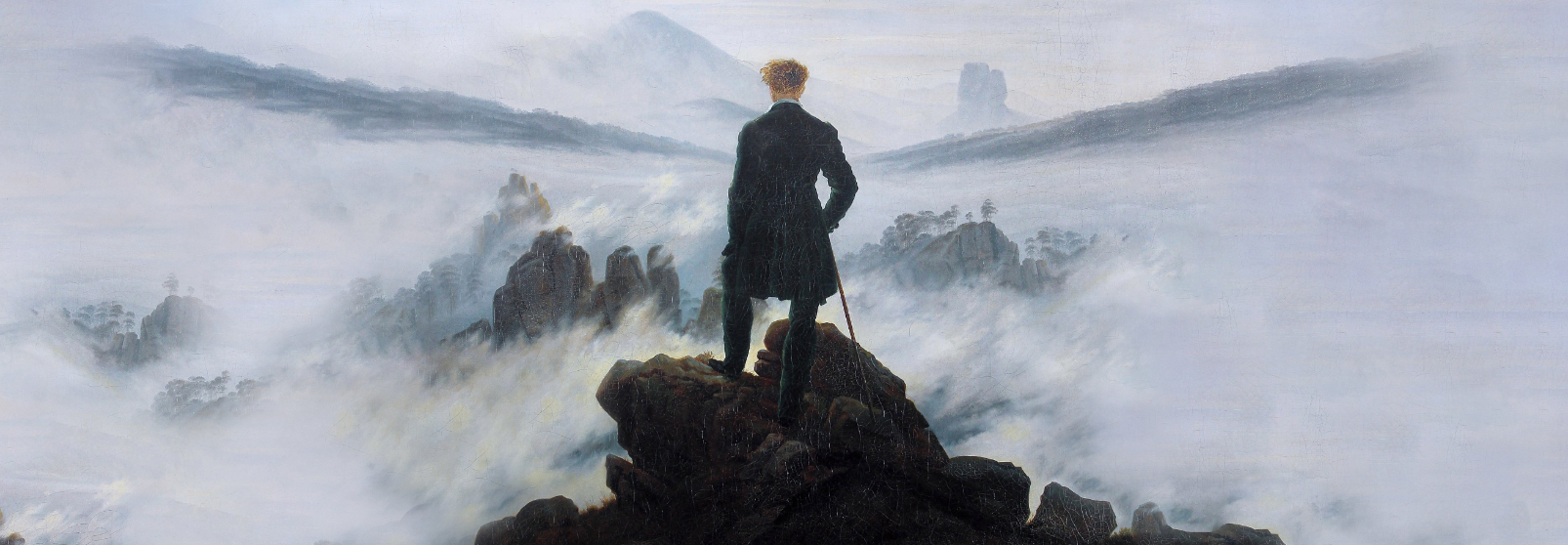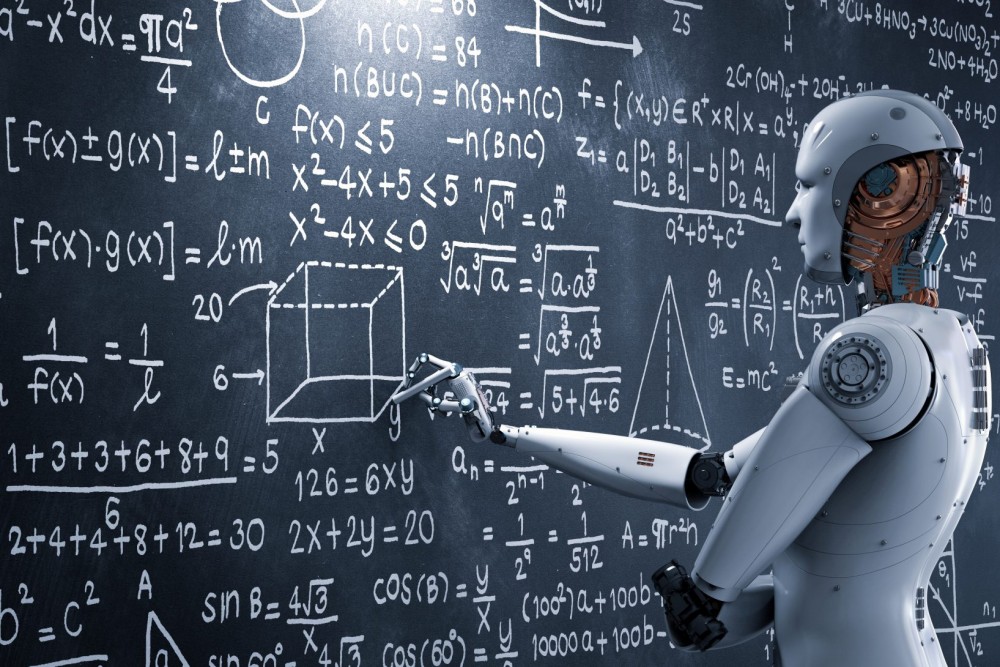Does the human soul chose out of free will? Well that depends if you believe in a soul or a will I suppose.
To prove a soul exists is like proving that God himself exists. Many may believe in a soul and feel it deep within themselves but it seems impossible to prove beyond a shadow of a doubt. There is no mathematical proof or experiment that we know to put a end to that questioning.
However, one man once set out to do that exact thing. The year was 1907 and the man was a Massachusetts physician named Duncan MacDougall. His theory was that if the soul did exist it must have a weight. And so, quite simply, he decided to weigh people as they died. He observed 6 terminally ill patients pass away atop his scaled beds and soon his mind was made up. These people lost a specific amount of weight upon death.
He self proclaimed his study a success and declared the weight of a human soul to be 21 grams.
As you may have already guessed, this result did very little to impress the scientific community: the sample size was very small, 21 grams is quite negligible, and the method was vulnerable to a myriad of external factors.
And so the existence of a soul, and, for that matter, its weight is still one of the great unknowns.
Why are we talking about the human soul? Well, because without a soul, a human is nothing more than a biological machine. To say that a biological machine has free will is tantamount to saying that a tree has free will how to grow or the stars have free will to shine. These things have instincts or are simply following the rules of the universe. To put it in more science fiction terms, we are no different than robots and computer programs, just much more complicated versions.
Humans are not made up of some special material nor do we follow special rules. We are the same stuff as all stuff. This can be quite a humbling truth to stomach. Perhaps, this is why the soul has taken such a prominent stance, even in secular circles. We like to hold ourselves to higher standards.
For if a person is only a product of environment and natural laws, then anything, no matter how bad or good, is natural. In fact, the whole concept of good and bad seems to deteriorate as you strip away the soul from man. Without a soul, we are simply very intelligent animals acting upon sophisticated instincts.
This makes the conviction of criminals quite difficult if there is no “right” and “wrong.” Some may argue that the jailing of violent criminals would still be useful even if they are acting naturally, a sort of utilitarian standpoint. But even then, we would simply be only governed by survival instincts, punishing threatening or harmful behavior to preserve the herd, instead of acting from some moral stance. Instinct does not need free will to operate. Almost every human action is able to be explained by this survivalist instinct. Even the instance of one sacrificing their life for another can be explained by a instinctual genetic trait to save their species or “gene pool.”
How could a gene for self sacrifice be passed along if the individual dies? Well their genes could still pass along if the had already had children and their actions benefit their child’s chance of reaching maturity and doing the same. Of course, there is still room for exceptions. Random mutations of the gene pool are required for evolution to play out, and so the rule of the whole is not always the same as the rule of the individual. If evolution does leave room for free will, perhaps it is hidden in the randomness of genetic mutations; that an individual can break away from survival instincts. Or perhaps, we are reaching to scientifically prove something that is in our hearts but not our heads.
Let’s take a step back.
What is the difference between free will and choice. For the sake of discussion, lets say that free will is the ability to act completely independently from any fixed system, and that choice is, more simply, the mind’s way of determining action whether it is fixed or not. (These are probably the most agreed upon definitions.)
Following these definitions, a problem arises. If there is no soul: nothing that breaks us apart from the physical system we operate in every day; then how can we be apart from the physical system that governs everything we know of in existence.
The natural world follows simple rules. If you understand the variables, then any equation is theoretically predictable. Evolution may have individual exceptions, but do physical laws?
Any chemist worth his NaCl could predict how two atoms would interact, and an exceptional chemist may be able to tell you how 10 atoms would react. But no scientist is able to predict our choices, even though the 1.36×10^23 atoms in your brain are following the same processes and same chemistry. The complexity is overwhelming, but this complexity is only in scale. According to science, there is nothing supernatural occuring in your mind. In fact, some believe that with a powerful enough computer, we could predict everything that will ever happen, your choices included.
The world may already be set in stone, and your decisions with it. Or perhaps, it is not as simple as we think.
An honest chemist may have to defer to the theoretical physicist before making any claims that the entire universe’s events could be predicted in detail.
The natural world feels far less natural at the subatomic scales.
If the rules of this subatomic world were expanded to our medium sized lives: every so often we would be able to pass through walls unscathed, we could borrow energy from the future, we could pop in and out of existence, and paired dice would always roll the same number even if they were on different sides of the universe. Things would happen that would seem incredibly strange; things unnatural and unrealistic. However, these are the actual rules of our reality and they are as natural as the rain.
One of the strangest and most famous rules is the Heisenberg Uncertainty Principle. This is a natural law that states that there is some built in uncertainty in the universe.
The specifics of the principle is that the more we know about one trait of a particle, the less we can know about another trait. The implications of this foundational rule are astounding.
This is an iron clad rule of the universe that prevents things like a computer that can tell the future because the universe is inherently uncertain. No matter how powerful your computer, there is no way around uncertainty. In fact, the entire field of quantum physics is based solely on something called a quantum wave or in layman’s terms, the probability wave.
This probability wave is what makes up the entire universe. It is named this because its behavior is uncertain, we cannot predict how it will act, we can only give probabilities of outcomes. Until we observe these waves, they are considered to contain within them every probability; only collapsing to one outcome once we make a direct observation. Many believe that consciousness plays a key role in the manifestation of these waves. Others believe that the waves are caught between parallel universes, and when a person observes one, what they are actually doing is forcing a path down one reality. It might sound crazy, but this is actually the most accepted theory among the world’s most knowledgeable physicists known as the Copenhagen Interpretation.
If there was a physical law for free will, these probability waves would be the best candidate. Perhaps it is that these quantum interactions are multiplied within our brains to create a free will. Perhaps, once again, free will is built into the seemingly random mechanics of this world. Or perhaps, we are still reaching.
Let’s take another step back.
Does the fact that your actions can be predicted to 100% accuracy mean that you do not have free will?
In Christian circles, the idea that God knows your choices before they occur is referred to as predestination and it gets a lot of church goers into heated debates. “How can it be my choice if God already knew I was going to make it?” This idea is actually biblical, insofar as God is considered to be “all knowing” and thus has to know your actions in advance. (Romans 8:29, Acts 2:23, Isiah 46:10, ect..)
Well let’s really look into this.
The argument is that if God foreknew you were making a decision and he created you, then is it actually him who is doing the deciding.
For a moment, let’s say that when God did create us, he did so by giving us souls that have free will. Both of these things are difficult to prove, if not impossible, scientifically, but most religions would argue these two go hand in hand.
And so, for sake of argument and the avoidance of a religiously charged debate, let’s replace God with a well informed time traveler. No blasphemy intended.
Why would free will and prior knowledge be mutually exclusive?
If one is able to foreknow, then are decisions are set in stone.
The problem with this argument is that time travel and foreknowledge cause paradoxes to arise. If you knew your own decision before you made it, then how can it be you who made the decision? If someone else knows your decision and they decide to influence you to change your decision, then they didn’t really know your decision in the first place did they?
The most famous example is the Grandfather Paradox, in which a time traveler goes back to kill his grandfather before he gives birth to his father. However, if this happens, then the time traveler was never born able to go back in the first place. Some argue this away by invoking multiple universes, stating that when the time traveler went back he caused a parallel universe to branch out from his own with a different timeline. Others argue that these paradoxes give proof of time travel’s impossibility; for multiple universes are just as difficult to prove as God at the moment. They are both inherently outside the bounds of our universes.
So foreknowledge has problems of its own.
Frankly we are arguing whether free will is possible, something we do not know to be true, depending on if foreknowledge is possible, something we also do not know to be true. We may be chasing a ghost with another ghost.
One final step.
At the true heart of the matter is influence. We worry that free will cannot exist because we are influenced beings. Whether it be by natural laws, evolution, time travelers, or fancy rhetoric; we worry that our decisions are not our own without free will.
But if we do not believe in free will because of the influence of others, then we truly do not nor have ever had free will. People are not beyond influence, nor are their souls. Whether this influence comes from foreknowledge or not seems to be irrelevant.
But beyond all the influence is a person’s choice. That choice may be influenced in an unfathomable number of ways, but in the moment of choosing, it is still our choice. This is how people rebel, this is how people surprise, this is how the soul breathes. If free will does exist, then choice is its voice.
It may not be able to be proven scientifically, but somehow still, we can hear it.




Leave A Comment